Graduate Profiles
-
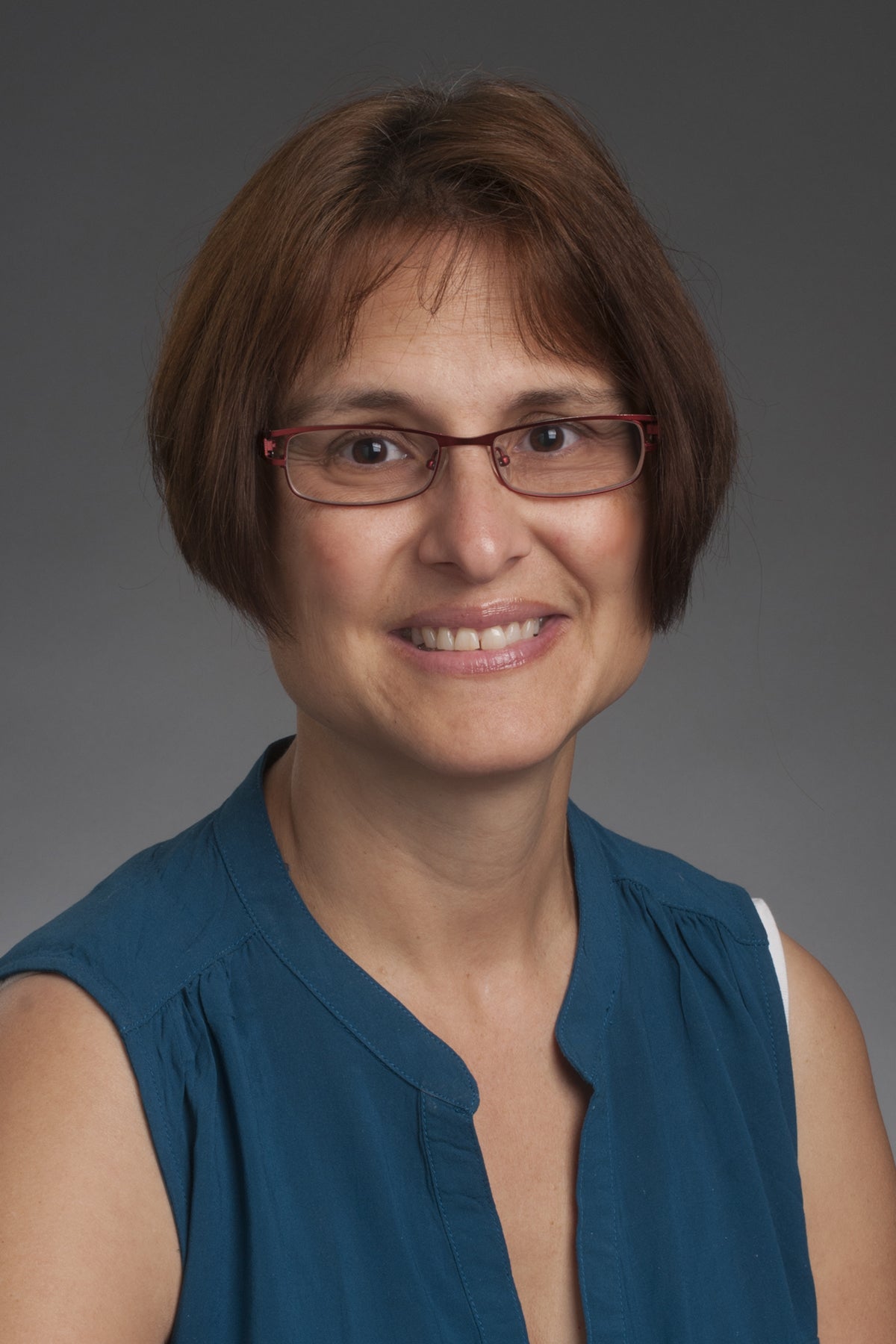
Catherine Anders, Ph.D.
Research
Physiochemical properties of metal oxide nanomaterials and how those properties influence nanoparticle-induced cytotoxicity.
Graduation Date: December, 2017
Advisors: Dr. Alex Punnoose and Dr. Denise Wingett
Physiochemical properties of metal oxide nanomaterials and how those properties influence nanoparticle-induced cytotoxicity.
Graduation Date: December, 2017
Advisors: Dr. Alex Punnoose and Dr. Denise Wingett
-

Devin Bendixsen, Ph.D.
Research
RNA fitness landscapes and the evolution of novel RNA functions.
Graduation Date: Summer, 2018
Advisor: Dr. Eric Hayden
RNA fitness landscapes and the evolution of novel RNA functions.
Graduation Date: Summer, 2018
Advisor: Dr. Eric Hayden
-
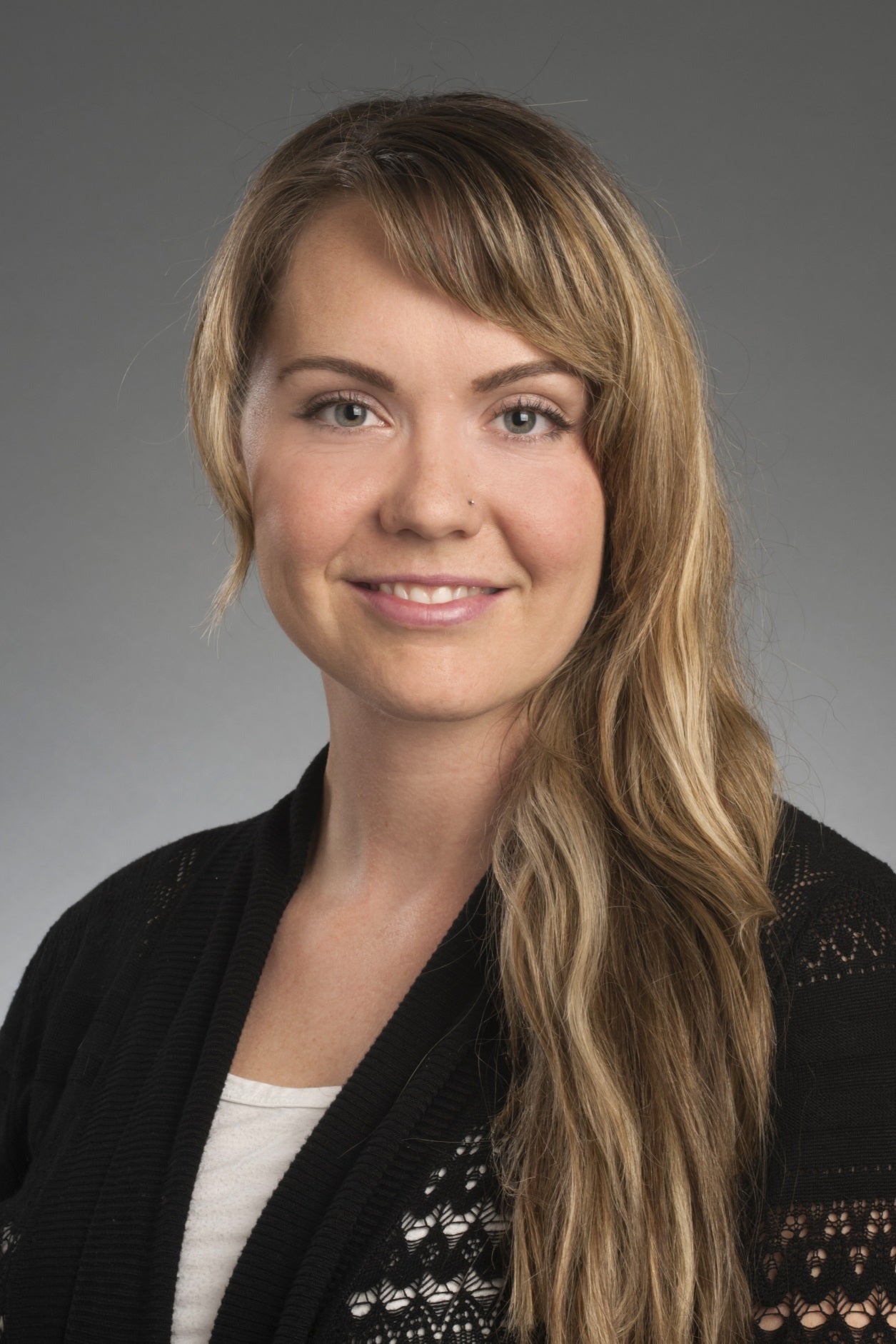
Sheenah Bryant, Ph.D.
Research
Unique risk factors that contribute to decline in bone mass and bone quality during extended spaceflight and mission operations are a major concern of any space program. While in these conditions, an astronaut may lose up to 1-2% of total bone mass each month, a loss ten times higher than for severe osteoporosis on Earth. Mitigation of multiple pathophysiologies and development of clinical practice guidelines is crucial for extended space flight and depends on understanding the process of bone loss at a molecular level. My research plan is to demonstrate that mechanical unloading, as experienced in the microgravity of space, triggers alterations in the ion transport of osteoclasts, leading to bone resorption.
Graduation Date: Fall, 2018
Advisor: Dr. Daniel Fologea
Unique risk factors that contribute to decline in bone mass and bone quality during extended spaceflight and mission operations are a major concern of any space program. While in these conditions, an astronaut may lose up to 1-2% of total bone mass each month, a loss ten times higher than for severe osteoporosis on Earth. Mitigation of multiple pathophysiologies and development of clinical practice guidelines is crucial for extended space flight and depends on understanding the process of bone loss at a molecular level. My research plan is to demonstrate that mechanical unloading, as experienced in the microgravity of space, triggers alterations in the ion transport of osteoclasts, leading to bone resorption.
Graduation Date: Fall, 2018
Advisor: Dr. Daniel Fologea
-
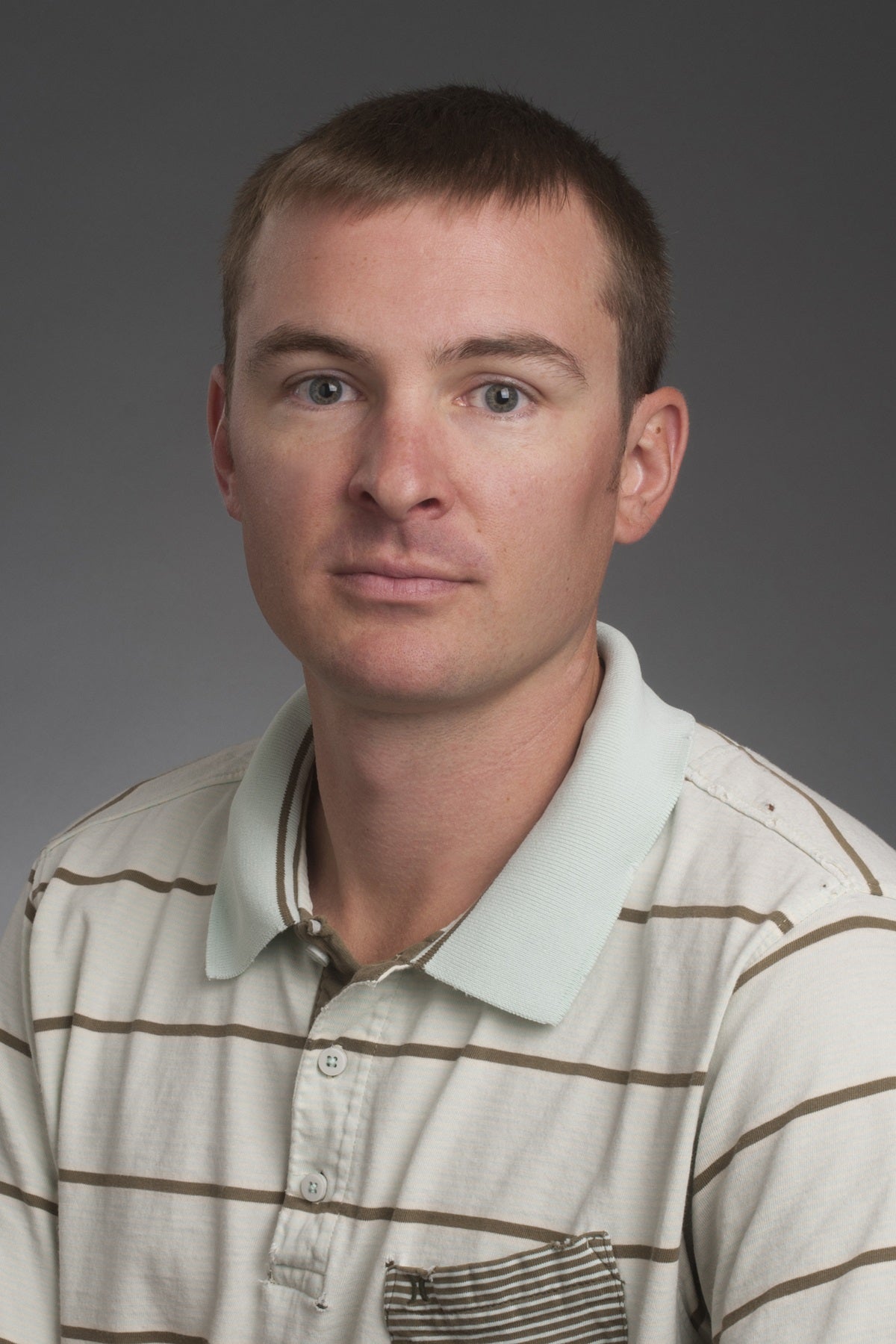
Hunter Covert, Ph.D.
Research
The contribution of inflammatory cytokines to breast tumor progression; with a focus on metastatic events leading to the development of secondary tumors.
Graduation Date: May, 2017
Advisor: Dr. Cheryl Jorcyk
The contribution of inflammatory cytokines to breast tumor progression; with a focus on metastatic events leading to the development of secondary tumors.
Graduation Date: May, 2017
Advisor: Dr. Cheryl Jorcyk
-
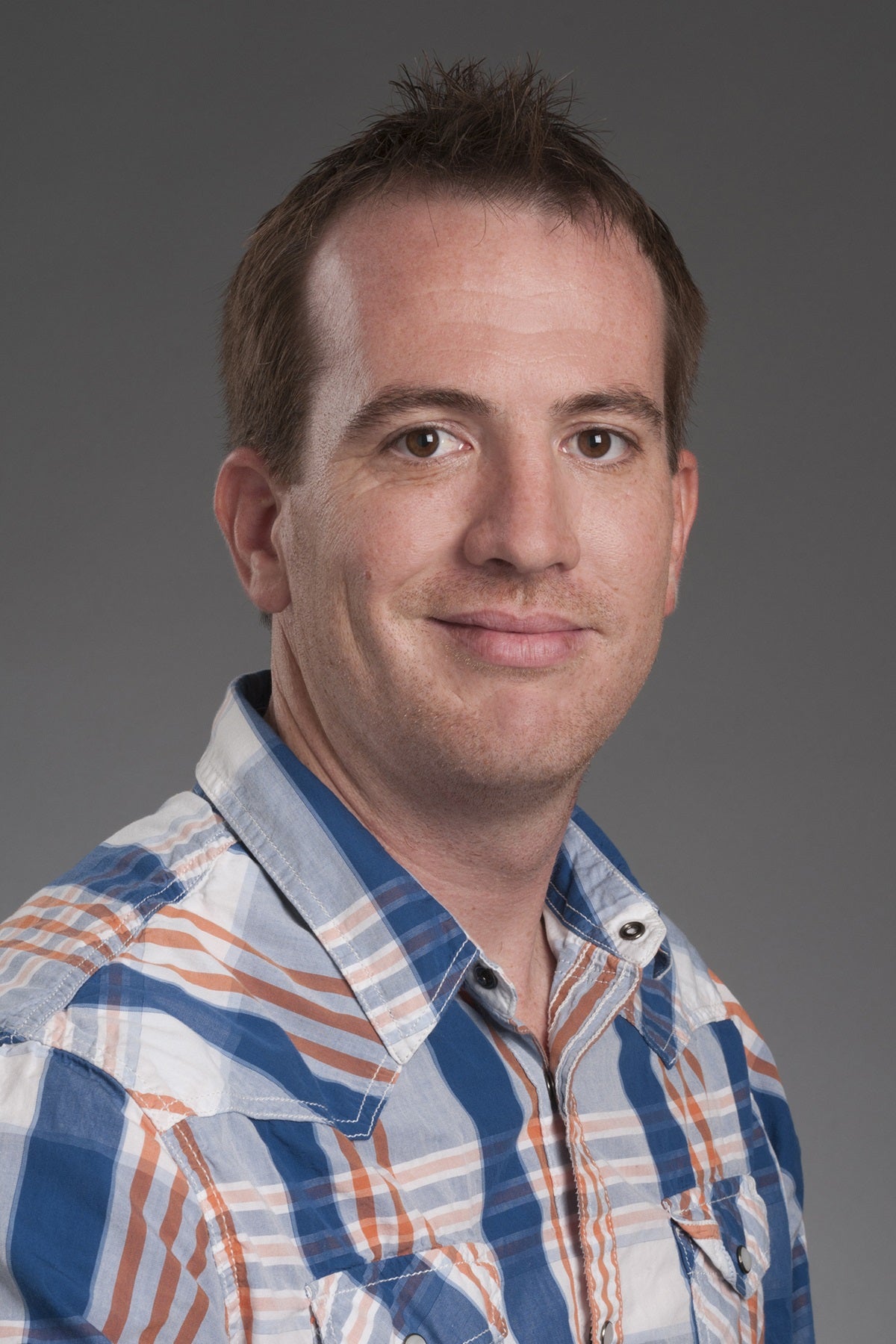
Josh Eixenberger, Ph.D.
Research
The mechanisms of nanoparticle cytotoxicity and how the physiochemical properties of the nanoparticles, the cells and the environment impacts the mechanism of cytotoxicity and their toxicity profile.
Graduation Date: Fall, 2018
Advisors: Dr. Alex Punnoose, Dr. Denise Wingett, and Dr. Daniel Fologea
The mechanisms of nanoparticle cytotoxicity and how the physiochemical properties of the nanoparticles, the cells and the environment impacts the mechanism of cytotoxicity and their toxicity profile.
Graduation Date: Fall, 2018
Advisors: Dr. Alex Punnoose, Dr. Denise Wingett, and Dr. Daniel Fologea
-
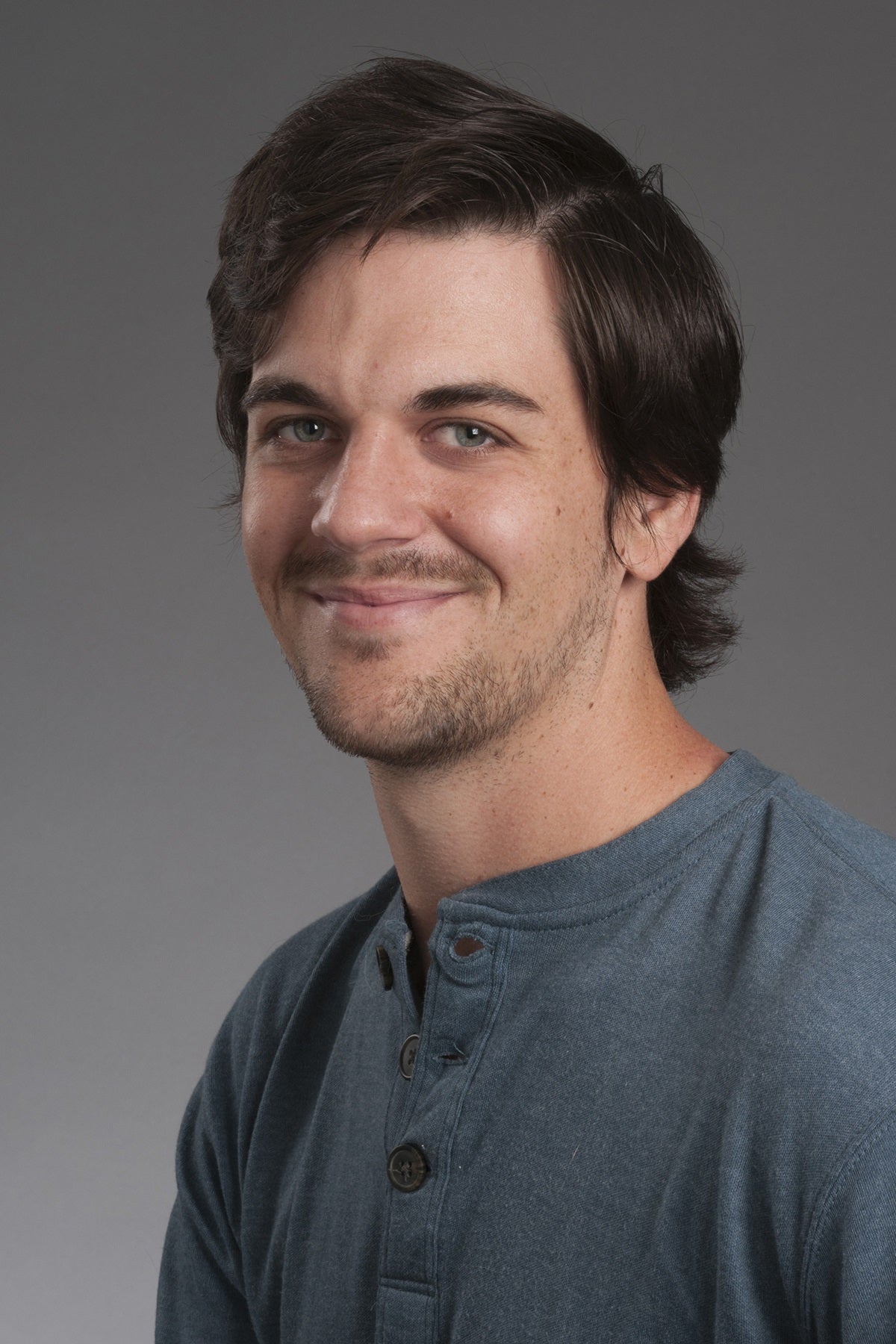
Bryce Lafoya, Ph.D.
Research
Studying how Notch and integrin signaling pathways coordinate vascular cell behavior.
Graduation Date: Summer, 2018
Advisor: Dr. Allan Albig
Studying how Notch and integrin signaling pathways coordinate vascular cell behavior.
Graduation Date: Summer, 2018
Advisor: Dr. Allan Albig
-

Cheri Lamb, Ph.D.
Research
Investigating the consequences of TCDD exposure on hepatic stellate cell activation and extracellular matrix remodeling during chronic liver injury. TCDD is a persistent environmental contaminant whose toxic effects are mediated by the aryl hydrocarbon receptor. A focus in our lab is to understand the physiological role of the aryl hydrocarbon receptor in the liver.
Graduation Date: May, 2016
Advisor: Dr. Kristen Mitchell
Investigating the consequences of TCDD exposure on hepatic stellate cell activation and extracellular matrix remodeling during chronic liver injury. TCDD is a persistent environmental contaminant whose toxic effects are mediated by the aryl hydrocarbon receptor. A focus in our lab is to understand the physiological role of the aryl hydrocarbon receptor in the liver.
Graduation Date: May, 2016
Advisor: Dr. Kristen Mitchell
-
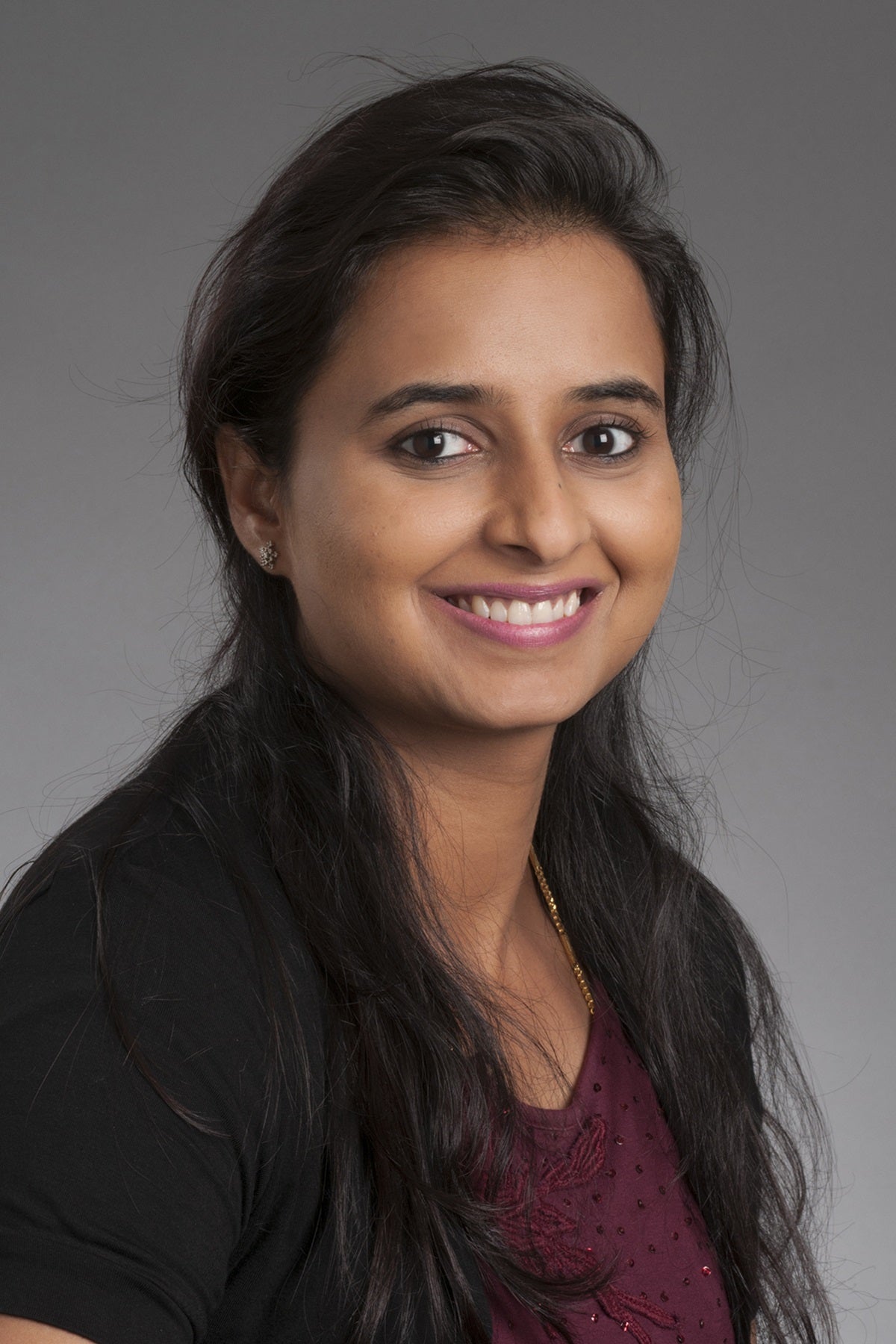
Neha Misra, Ph.D.
Research
Designing multivalent vaccine for Staphylococcus aureus caused mastitis.
Graduation Date: December, 2017
Advisor: Dr. Juliette Tinker
Designing multivalent vaccine for Staphylococcus aureus caused mastitis.
Graduation Date: December, 2017
Advisor: Dr. Juliette Tinker
-

Abir Rahman, Ph.D.
Research
Understanding the molecular mechanisms of Parkinson’s Disease manifestation is critical to developing new modes of therapy. My research focuses on the PD associated gene VPS 35 and how mutations in the gene can affect key cellular processes such as Macroautphagy, in turn affecting cell survival.
Graduation Date: Fall, 2018
Advisor: Dr. Brad Morrison
Understanding the molecular mechanisms of Parkinson’s Disease manifestation is critical to developing new modes of therapy. My research focuses on the PD associated gene VPS 35 and how mutations in the gene can affect key cellular processes such as Macroautphagy, in turn affecting cell survival.
Graduation Date: Fall, 2018
Advisor: Dr. Brad Morrison
-

Jonathan Reeck, Ph.D.
Research
Studying molecules that regulate the formation of the cartilage and bone, interested in the contribution of a particular molecule, COL11A1, in influencing cell behavior to establish the cartilage and bone architecture during development.
Graduation Date: May, 2017
Advisor: Dr. Julia Oxford
Studying molecules that regulate the formation of the cartilage and bone, interested in the contribution of a particular molecule, COL11A1, in influencing cell behavior to establish the cartilage and bone architecture during development.
Graduation Date: May, 2017
Advisor: Dr. Julia Oxford
-

Nisha Shrestha, Ph.D.
Research
Using lysenin channels, which area pore-forming proteins extracted from earthworm, as nano-sensing devices for analysis and characterization of single molecules. In addition, exploiting their unique regulatory mechanisms will enable controlled transport of small and large molecules across artificial or natural lipid membranes. These complex investigations of lysenin channels as both nano-sensing devices and stimuli-actuated nano-valves provides fundamental insights into complex functionalities of biological nanopores and opportunities for techniques and methodologies that will enable improved single-molecule characterization, development of nano-biosensing devices, design of nano-carriers for controlled delivery of chemicals and therapeutic agents, and temporary permeabilization of cell membranes for controlled loading of non-permeant molecules.
Graduation Date: August, 2017
Advisors: Dr. Daniel Fologea and Dr. Juliette Tinker
Using lysenin channels, which area pore-forming proteins extracted from earthworm, as nano-sensing devices for analysis and characterization of single molecules. In addition, exploiting their unique regulatory mechanisms will enable controlled transport of small and large molecules across artificial or natural lipid membranes. These complex investigations of lysenin channels as both nano-sensing devices and stimuli-actuated nano-valves provides fundamental insights into complex functionalities of biological nanopores and opportunities for techniques and methodologies that will enable improved single-molecule characterization, development of nano-biosensing devices, design of nano-carriers for controlled delivery of chemicals and therapeutic agents, and temporary permeabilization of cell membranes for controlled loading of non-permeant molecules.
Graduation Date: August, 2017
Advisors: Dr. Daniel Fologea and Dr. Juliette Tinker
-
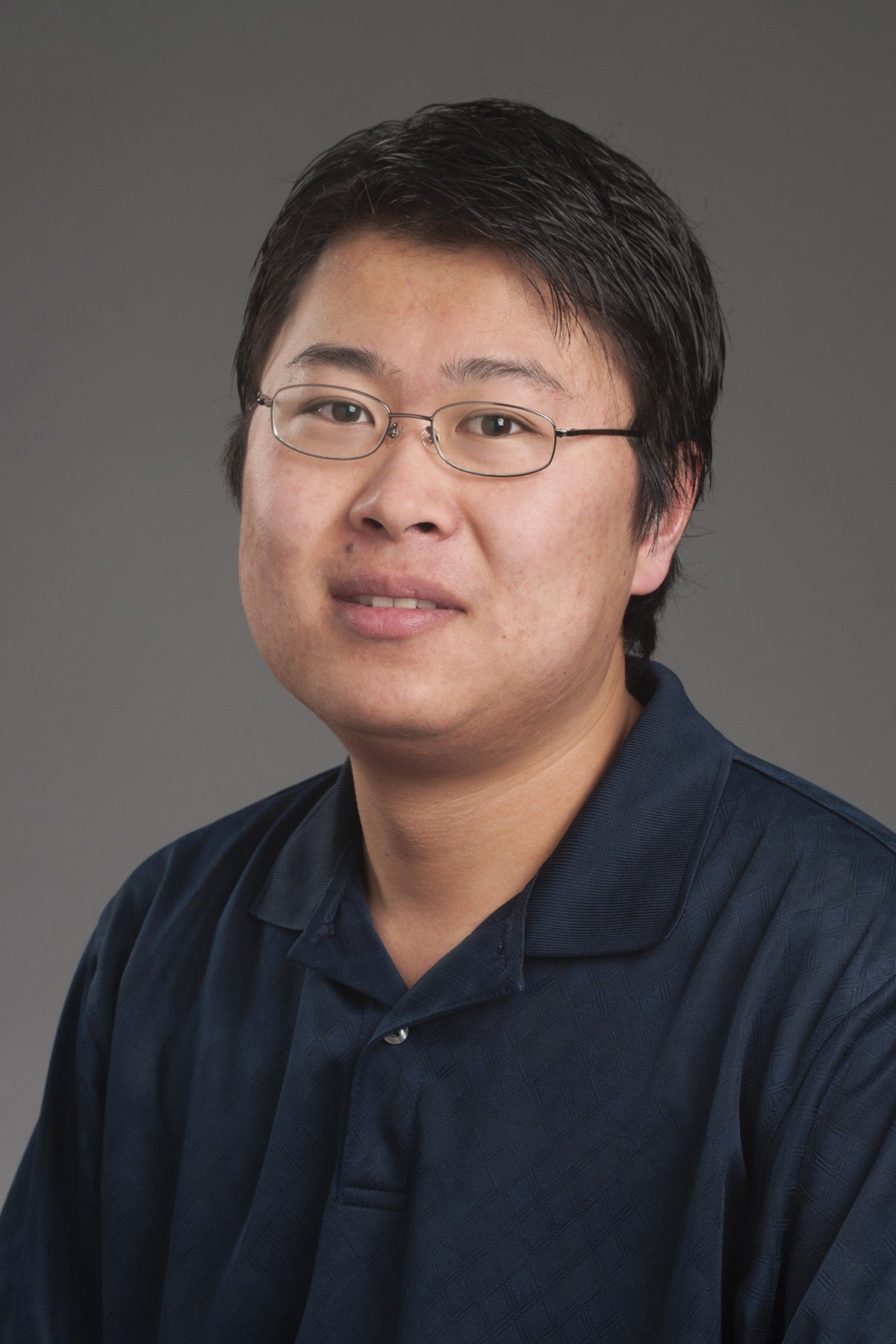
Ken Tawara, Ph.D.
Research
Immuno-modulating cytokine oncostatin m (OSM) in relation to breast cancer metastasis. In our lab, OSM has been shown to promote cancer metastasis to bone and other organs by promoting early stages of tumor progression. Some possible mechanisms include the OSM promoted cell detachment, invasion, migration and increased circulating tumor cells.
Graduation Date: December, 2017
Advisor: Dr. Cheryl Jorcyk
Immuno-modulating cytokine oncostatin m (OSM) in relation to breast cancer metastasis. In our lab, OSM has been shown to promote cancer metastasis to bone and other organs by promoting early stages of tumor progression. Some possible mechanisms include the OSM promoted cell detachment, invasion, migration and increased circulating tumor cells.
Graduation Date: December, 2017
Advisor: Dr. Cheryl Jorcyk